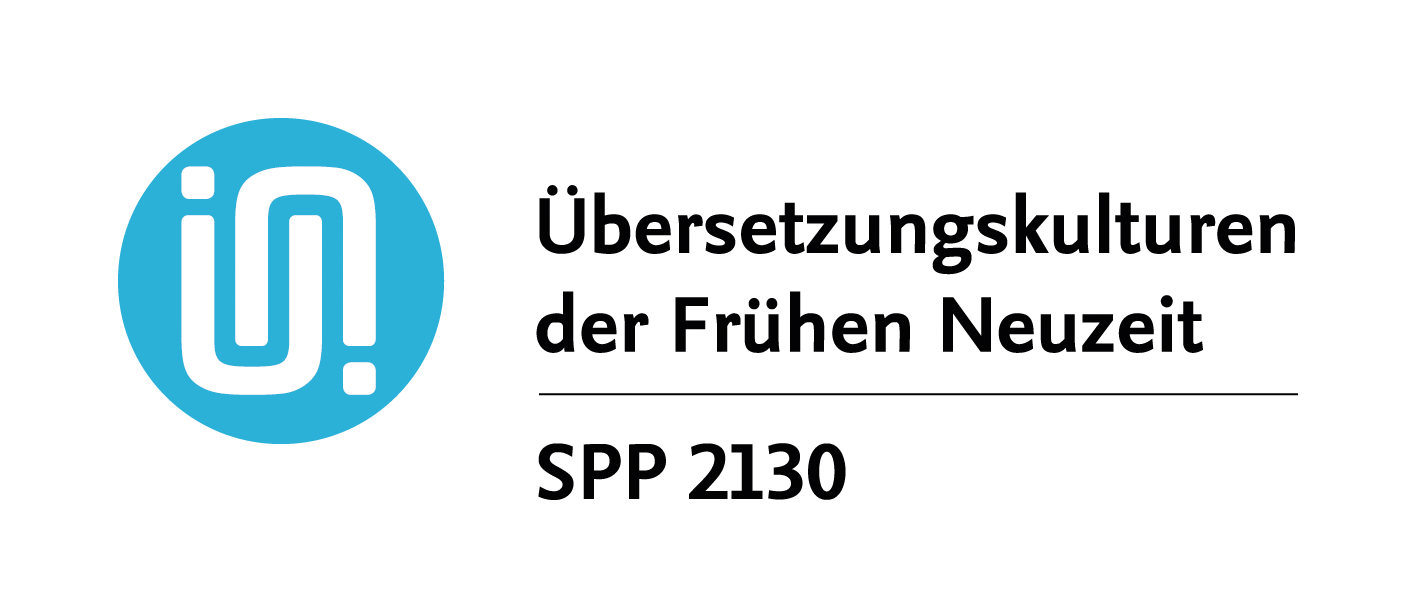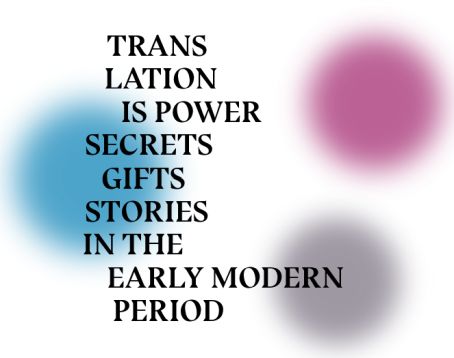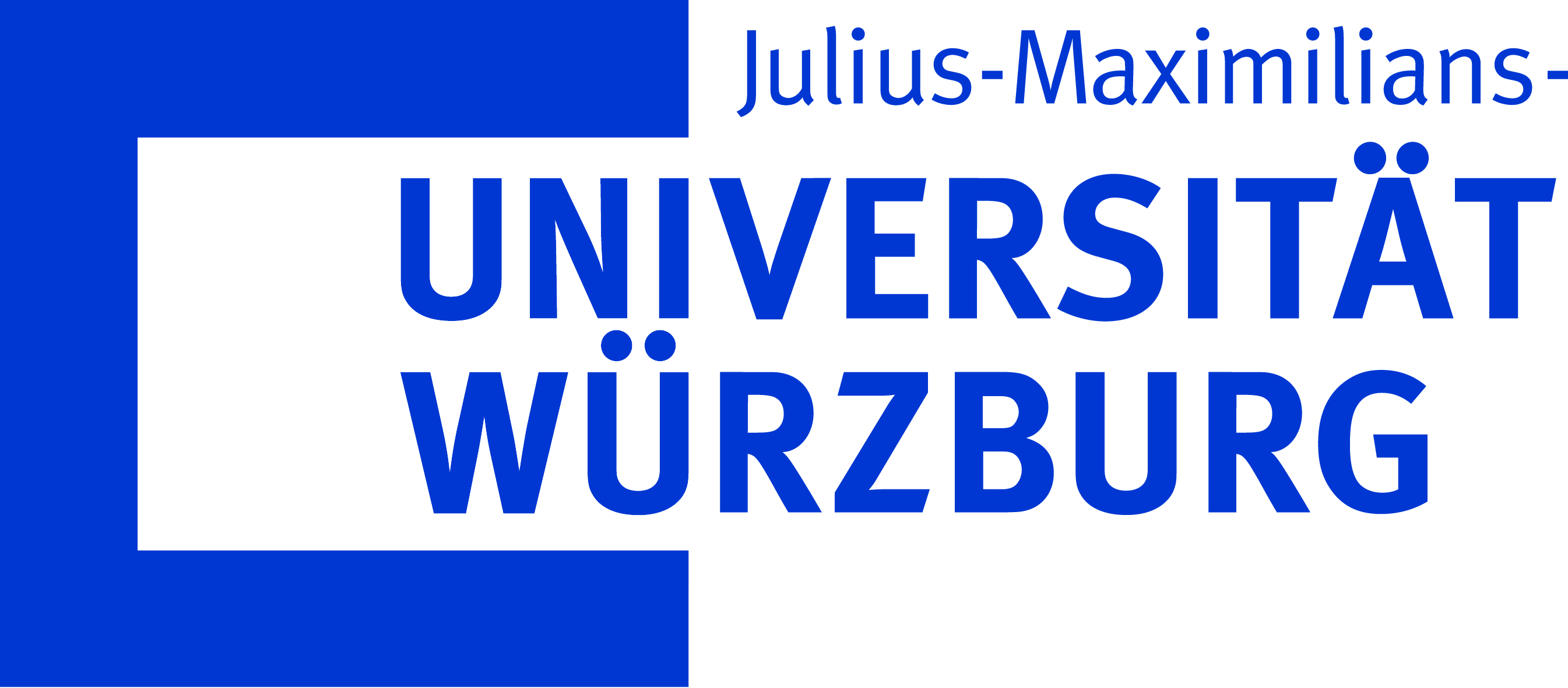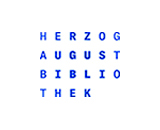Calender
-
Thu14Jan20216:30 pmonline (WebEx)
This ‘Digital Discussion’ with Dr Sonja Brentjes is about Narratives on Translation across Eurasia and Africa: From Antiquity to Modern Times.
-
Thu04Feb2021
-
Fri05Feb2021online
As part of the Interdisciplinary Research Seminar "Transferts culturels" of the École Normale Supérieure (Paris) and the University of Leipzig (DFG-SFB 1199), PD Dr Susanne Greilich and Prof Dr Hans-Jürgen Lüsebrink (SPP-Project Encyclopaedism) give a lecture on transcultural knowledge transfers, mediator figures and intercultural appropriation processes in the context of French encyclopedism. Interested parties are invited to register here.
-
Mon15Feb2021Online (WebEx)
Workshop of the SPP 2130-TransUnit 'Mapping Translation'
-
Thu04Mar2021
-
Tue20Apr2021Marburg (Online)
Erich Poppe (Project director ‘Translating into welsh’) gives a paper in digital form to the Marburger Gelehrten-Gesellschaft on the Early-Modern Welsh translations of the Bible.
-
Thu06May20216:30 pmonline (WebEx)
The guest speaker for this ‘Digital Discussion’ is Prof Dr Joachim Hamm, Institute for German Philology, Julius-Maximilians-Universität Würzburg. The topic “Transformation and Authorship. Sebastian Brant, Jakob Locher and the Latin ‘Ship of Fools’ (1497)”.
You will receive access data by email from the SPP 2130 office.
-
Thu10Jun2021Sat12Jun2021Zürich
Conference of the research group “Ottoman Europe: Methods and Perspectives of Early Modern Studies on Southeast Europe”.
Information and programme can be found here.
-
Thu10Jun20216:30 pmonline (WebEx)
Workshop with Prof. Dr. Ulrike Draesner (Deutsches Literaturinsititut Leipzig) on essayistic writing.
SPP-internal work meeting to prepare the joint exhibition. -
Thu01Jul2021Fri02Jul2021Tübingen
While global approaches to early modern history have so far concentrated mainly on the seafaring nations of Western Europe and their colonial empires, this workshop focuses on global encounters in early modern Germany. It also serves as a forum to think methodologically and systematically about current approaches to global history (to the full programme).
-
Thu01Jul20216:30 pmonline (WebEx)
Guest speaker of this 'Digital Discussion' is Judith Rosenthal (English German Language Service, Frankfurt aM), the translator of the SPP 2130, the topic: "Behind the scenes: A career as an art translator".
All interested and associated parties are cordially invited to register at the office. -
Fri16Jul2021Würzburg, virtual
Interdisciplinary Roundtable with Dr. Anna Piotrowska live and online—that is, in a hybrid and family-friendly form.
In an open discussion atmosphere, Dr. Piotrowska set forth her conception of musical translation and applied it to processes which in music theory are classically subsumed under transfer, adaption, or appropriation, an approach represented by Prof. Dr. Andreas Haug of Würzburg in the role of responder.
Productive exchange on the possibilities of translating music and translating with music followed. The discussion revolved in part around qualifying the catch-all phrase ‘music as a universal language’ because, as Dr. Astrid Dröse and Dr. Sara Springfield showed in their SPP project on song translation, melodies frequently adapt to cultural contexts. On the other hand, the participants also critically reflected on the term ‘non-translatability’. Within this context, paratexts proved to play a role in music translation as well—a role whose importance is still frequently underestimated.
-
Mon13Sep2021Wed15Sep2021Wolfenbüttel
Lawrence Venuti will be our guest as Mercator Fellow at the 3rd annual conference, and on the days preceding it will offer a workshop in Wolfenbüttel. Interested junior researchers are welcome to register for the workshop with the SPP 2130 office by 31 June 2021. [read more…]
-
Wed15Sep2021Fri17Sep2021Herzog August Bibliothek & online
Third annual conference of SPP 2130
To the preliminary program.
-
Thu16Sep20217:00 pmonline
Translation is Power
Secrets - Gifts - Stories
in the Early Modern PeriodThe central programme project of the SPP 2130 will be officially launched in the context of the 3rd Annual Conference.
-
Wed06Oct2021Sat09Oct2021Marburg
Translation and Transfer
Practices of translation between languages and the pragmatic transfer of translated texts into actual usage have emerged as the topic central to the majority of the sixteen research projects in the SPP 1981 “Transottomanica: Eastern European-Ottoman-Persian Mobility Dynamics”, that looks at social and (trans)cultural ties between the Muscovite Tsardom and/or Petersburg Empire, Poland-Lithuania, the Ottoman Empire, Central Asia and Iran from the early modern period to the beginning of the twentieth century.
For more information see the full CfP.Please send a description of your proposal, including the topic, the specific approach, and the sources used (one page) and a short academic CV by 31 January 2021 to Florian Riedler.
-
Thu14Oct20219:00 - 12:00Würzburg & virtual
As a Mercator Fellow of the SPP 2130, Dr Hilary Brown will give a workshop for postgraduate researchers and offer a broad introduction to the study of gender in translation history. The aim is to explore the links which have traditionally been made between women and translation, and discuss different approaches to researching women translators in the past (programme enclosed). The workshop will be held in hybrid format, so interested parties are cordially invited to register for digital participation via Zoom with Annkathrin Koppers (spp2130@uni-wuerzburg.de).
-
Fri15Oct2021Sat16Oct2021virtual
The late 17th century is generally regarded as the beginning of modern European encyclopaedism and thus of a development that reached a temporary climax with the spread of the encyclopaedic dictionary in the 18th century. Starting in France, the Netherlands, the German-speaking world and England, the genre of the encyclopaedic dictionary spread in the form of translations and adaptations to Russia and Poland, to Italy, the Iberian Peninsula and northern Europe. Conversely, some of the important French encyclopaedias cannot be thought of without translation and transfer processes from other languages and genres. The encyclopaedism of the Enlightenment is thus always to be thought in the categories of the network and the collective, of dialogue, translation and adaptation. [read more…]
-
Fri15Oct2021Sat16Oct2021Regensburg & virtual
Linguistic, intertextual and cultural translation processes played a central role for the genesis of important universal and specialized encyclopaedias as well as for the spread of the genre of encyclopaedia in Europe and America during the long 18th century. Until now, however, these processes have only been studied in a limited way by research. Organized by Susanne Greilich (Regensburg) and Hans-Jürgen Lüsebrink (Saarbrücken) as part of their joint SPP project “Translational Dimensions of French Encyclopaedism in the Age of Enlightenment”, the conference aimed to outline translation as a ubiquitous, multi-layered practice that had been central to encyclopaedic writing. [read more…]
-
Sun17Oct2021Wolfenbüttel & virtual
This workshop aims to explore the movement of ideas across territorial and linguistic borders in early modern Europe by means of translation. It will combine research in intellectual history with new work on translation studies and book history, and will attempt to enhance our understanding of cultural transfer processes by studying ideas from their original inception, through the textual production process, down to their readers and users over time.
For more details and a Zoom link to the event, please contact gaby.mahlberg@newcastle.ac.uk or thomas.munck@glasgow.ac.uk.
-
Thu04Nov2021virtual
Adjunct Professor Dr. Katja Triplett will be our guest for the first Digital Discussion of the new semester. She will provide insights into the concept underlying the exhibition ‘Translated Religion: In the Thicket of the True Words’, which she curated. The show will be on view in the exhibition room of the Bibliotheca Albertina in Leipzig from 8 October 2021 to 13 February 2022.
-
Thu02Dec20216:30 pmvirtual
Translations are crucial for social coexistence and the further development of science, literature, art and technology. Those who translate convey messages from one culture into another and have to be capable of acting in at least two languages and cultures. The essential importance of translation is exposed by the digital exhibition ‘Translation is Power. Secrets, Gifts, Stories in the Early Modern Period’ (uebersetzenistmacht.de). On the occasion of its opening, scholars of the DFG Priority Programme 2130 ‘Early Modern Translation Cultures’ (www.spp2130.de) will discuss language, appreciation and identity with bestselling author Olga Grjasnowa. Who translates, what is the reason for translating and which factors of power play a role? [read more…]
-
Thu09Dec2021Fri10Dec2021virtual
This roundtable event will explore the feasibility of building a pan-European translation database for the early modern period. Our vision is for a comprehensive online analytical catalogue of translations which would provide information on source text(s), manuscript and print versions, and the different agents involved in the translation process, and which would link where possible to digital texts. Researchers are increasingly benefitting from databases and other digital projects which focus on a defined corpus or language area, but a bigger-scale European database along these lines has not yet been attempted. In this roundtable event participants will share experiences of developing online bibliographical/translation resources for the early modern period, and discuss the opportunities and challenges of embarking on an ambitious ‘umbrella’ database project. [read more…]




